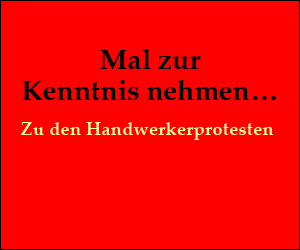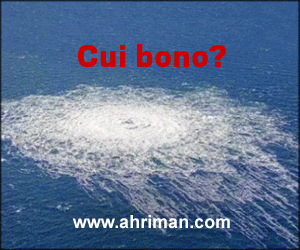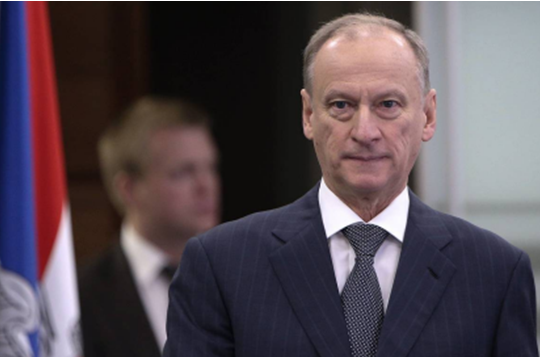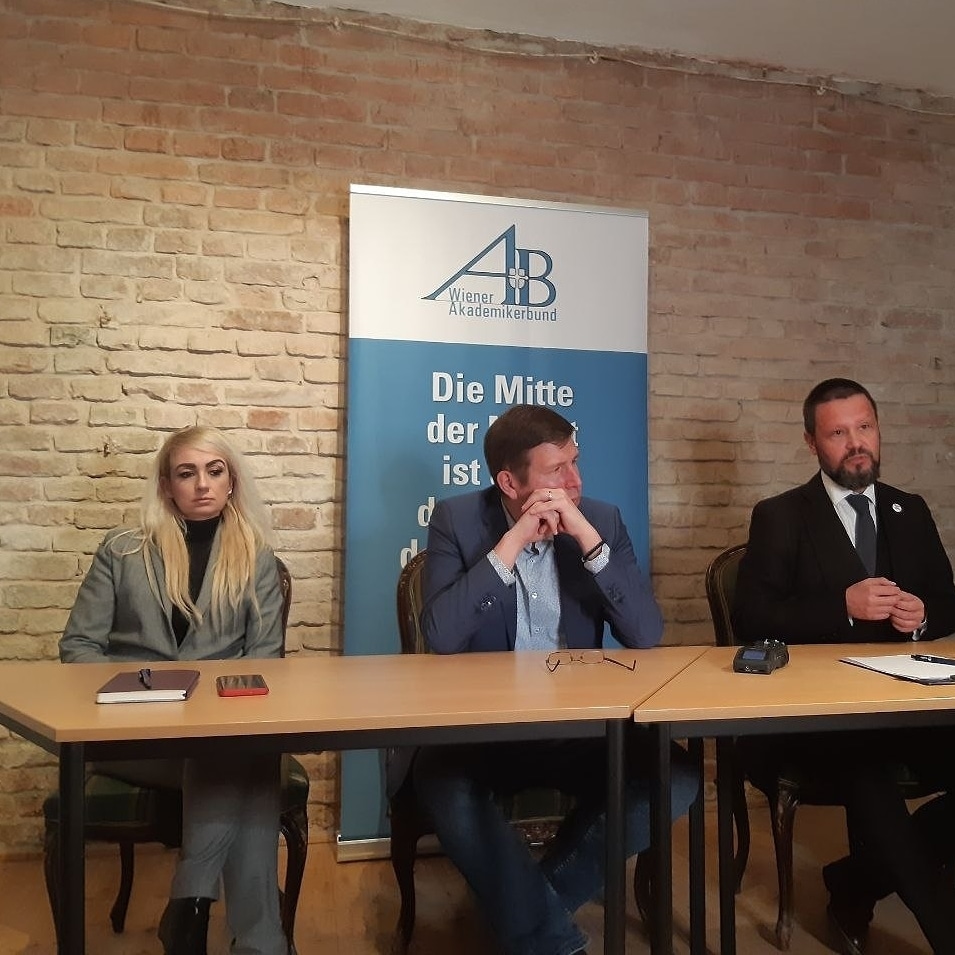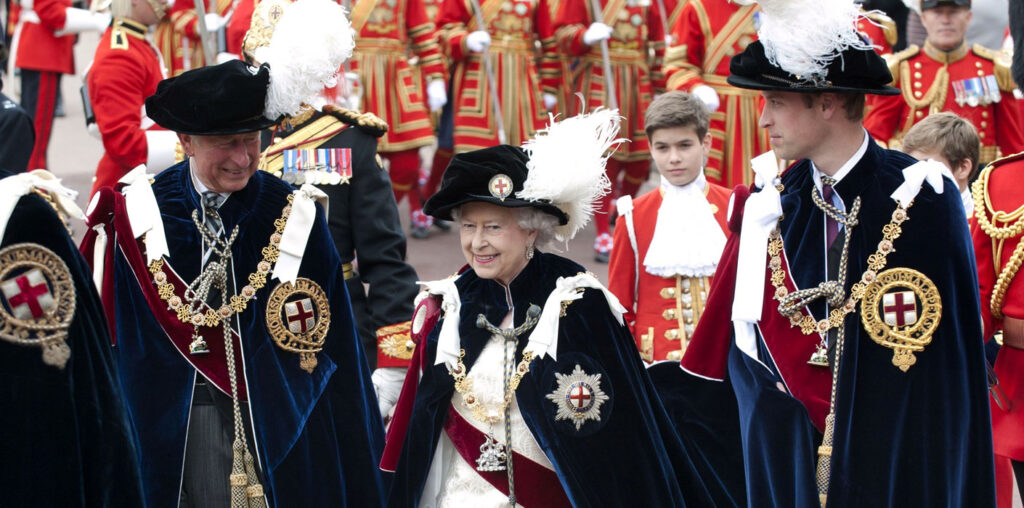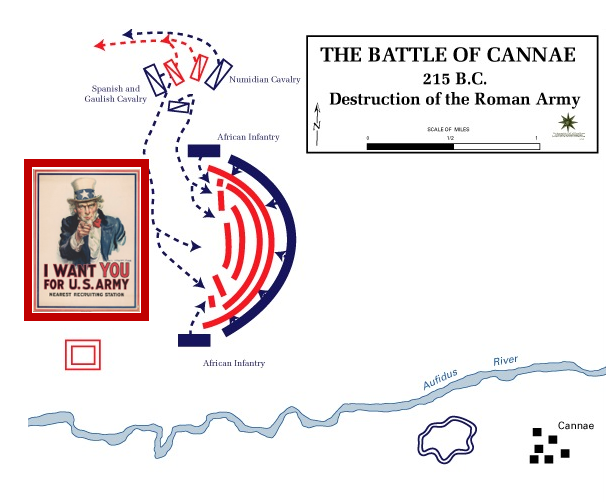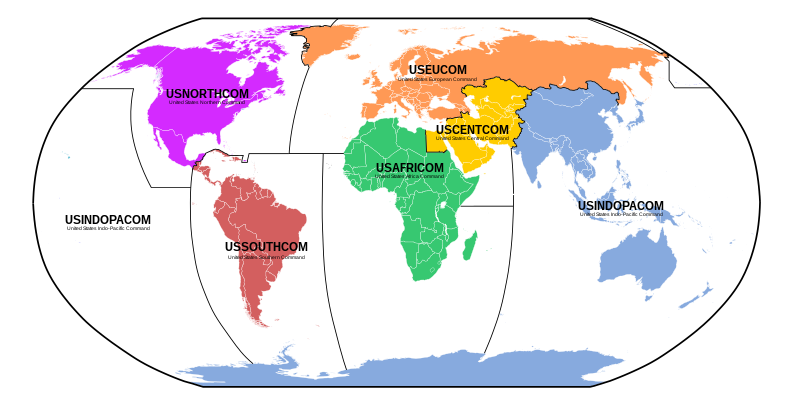Our Russia expert Patrick Poppel, who has already been known several times at UM for his statements, expert opinions and “on-site reports”, together with Dr. Dragana Trifkovic held a conversation, among other things about the background and the current situation in Europe.
Director General of the Belgrade Geostrategic Institute in conversation
Dr. Dragana Trifkovic, Director General of the Center for Geostrategic Studies in Belgrade for around nine years now, met Patrick Poppel to analyze the current geopolitical situation, especially in Europe.
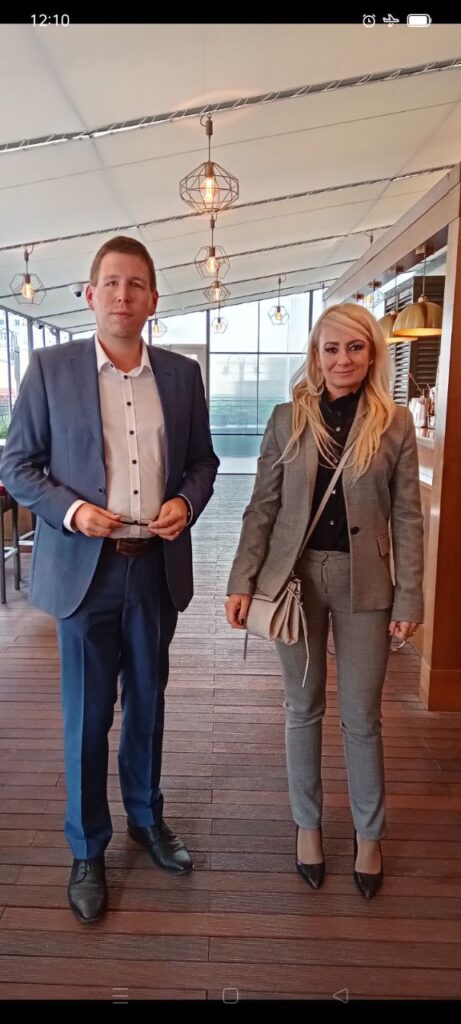
The questions asked and analyzes are summarized below in brief.
Poppel:
In your opinion, how great is the American influence on European foreign and security policy?
Trivkovic:
I think Europe’s main problem is that it has no real sovereignty. The individual EU states are under the control of the EU elites and the EU administration.
It should also be said that the EU administration is under great influence, not to say under the control of “Washington”. This is also the reason why a policy is being pursued here that is not “appropriate” for European states. Rather, this policy is made to the “advantage” of the USA” and I see this as the main problem and cause of the current “situation” in which Europe finds itself.
The USA is involved in a variety of “areas of interest”, such as global political strategies, NGOs, educational strategies to name just a few, so they have worked intensively in recent years and decades to maximize this influence in Europe as well.
I see Europe’s main problem not only in these “controlled elites” but rather in a kind of “negative selection” of the same. Leaders who have high intelligence, political “drive”, “politically astute approach” to change these “influencers” do not fit into the US-driven strategy for Europe. Therefore, people are “preferred” in the management levels who are not overly educated and otherwise would not have many “opportunities for development” at the political level in Europe.
Therefore, I see them as “loyal agents” of the US strategy for Europe.
Poppel:
Would you dare say that Europe is becoming more and more a US colony?
Trifkovic:
Unfortunately yes, the EU must now be regarded as a kind of satellite state of the USA. Even if this statement is currently considered politically incorrect, in the current situation it is becoming obvious what was going on in the background in the past.
German Foreign Minister Annalena Baerbock, for example, who stated in a statement to journalists in Kyiv that she would deliver arms to Ukraine, regardless of what the German people thought about it. So she doesn’t appear to be Germany’s foreign minister, but rather a foreign minister under US control. It is possible that she also feels more connected to Ukraine than to Germany.
Poppel:
Now a very specific question, since you also deal with conflicts and military strategies as part of your work. Why is there a European defense strategy and European armies when you have NATO, almost all European countries are members of NATO, isn’t that enough?
Trifkovic:
From the very beginning, NATO has been considered the basis of military architecture and European security, which is also the starting point of the European Union. The control of Washington, as the “leading” NATO member, also plays a decisive role here.
Some countries were strongly supported by the USA in installing a European army, and it was France in particular that received support here. Charles de Gaulle, for example, had planned to spin off France from NATO, while Nicola Sarkozy later opposed such a “development” entirely.
For a long time, this question created great potential for conflict between France and Great Britain. Because the British had declared themselves to be the absolute opponents of an EU army. The fact is, however, that the European countries do not have powerful armies in the individual member states, with the exception of the Ukrainian army, which was designed for a possible war with Russia. Even Germany does not have a “powerful army” by today’s standards.
This represents a major problem in the defense and security policies of European countries.
Finally, I would like to explain that I believe it will be necessary to support the idea of a new global security architecture. This should be based on cooperation and corresponding contracts between the largest “global players” and no longer on the dictates of the USA. This approach was introduced by Russia at first reading, but has also been supported by China.
 Bitte unterstützen Sie unseren Kampf für Freiheit und Bürgerrechte.
Bitte unterstützen Sie unseren Kampf für Freiheit und Bürgerrechte.
Für jede Spende (PayPal oder Banküberweisung) ab € 10.- erhalten Sie als Dankeschön auf Wunsch ein Dutzend Aufkleber „CORONA-DIKTATUR? NEIN DANKE“ portofrei und gratis! Details hier.
 Bitte unterstützen Sie unseren Kampf für Freiheit und Bürgerrechte.
Bitte unterstützen Sie unseren Kampf für Freiheit und Bürgerrechte.
Für jede Spende (PayPal oder Banküberweisung) ab € 10.- erhalten Sie als Dankeschön auf Wunsch ein Dutzend Aufkleber „CORONA-DIKTATUR? NEIN DANKE“ portofrei und gratis! Details hier.



